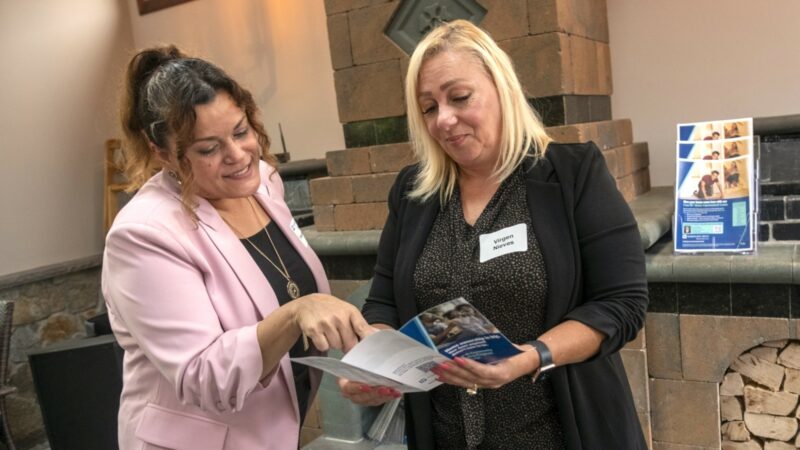How to Keep Your Vacation Home in the Family

Passing on Your Vacation Home
Whether you have a bungalow on the beach, a cabin in the woods, or a slope-side ski chalet, your vacation home is a cherished sanctuary for building life-long memories. It may also be a valuable source of rental income and an asset you’d like to keep in the family.
If you would like to pass down your vacation home to the next generation, there are some things to consider from a wealth management perspective:
- Before you begin making any changes to the ownership of your vacation home, consider talking to your family about whether they would like to own or share ownership of the home and how they envision that ownership working. Vacation home ownership and enjoyment, especially by multiple parties, can often be burdensome and cause family tension. A simple conversation to test the waters may help.
- If you do decide to pass down your vacation home, a simple approach is often best. You could consider a lifetime transfer of interests or leaving the property to your heirs as part of your estate:
- Outright Lifetime Transfer of Interest. A lifetime transfer allows your heirs to enjoy the property as owners (or in trust) during your lifetime. Transferring the property while you are alive may also remove its value, in part or in full, from your taxable estate. An outright lifetime transfer, will not increase the cost basis of your vacation home, making a sale of the vacation property by your heirs less advantageous from a tax perspective.
- Leaving the Property to your Heirs as Part of your Estate. The benefit to bequeathing your vacation home directly as part of your estate is that you retain the right to use it for the rest of your life. When your heirs inherit the vacation home, under current tax law, they will be able to ‘step-up’ its value to reduce their capital gains. However, the property will be included in your taxable estate, and if your estate exceeds the federal or state estate tax maximum, it may increase the estate taxes that must be paid.
- Additional, more complex methods of transfer are available and may be appropriate, depending on the situation, such as a Qualified Personal Residence Trust. However, there are additional hurdles and expenses required to use these strategies correctly , and these more complex strategies often ping the radar of the IRS.
There are many ways to leave a vacation or other property to your heirs. The method that’s right for you and your family depends on your financial situation, estate planning goals, and your loved one’s desires – and it’s important to plan ahead. Your Washington Trust Wealth Advisor works with you to create an estate plan to achieve your legacy goals, including preserving your family’s memories. Follow us to learn more!
The views expressed here are those of Washington Trust Wealth Management and are subject to change based on market and other conditions. Investment recommendations and opinions expressed in these reports may change without prior notice. All material has been obtained from sources believed to be reliable, but its accuracy is not guaranteed.
Contact a Trusted Advisor
For more information or to speak with one of our trusted advisors about your unique financial needs, contact us at 800-475-2265 or submit an online form.











